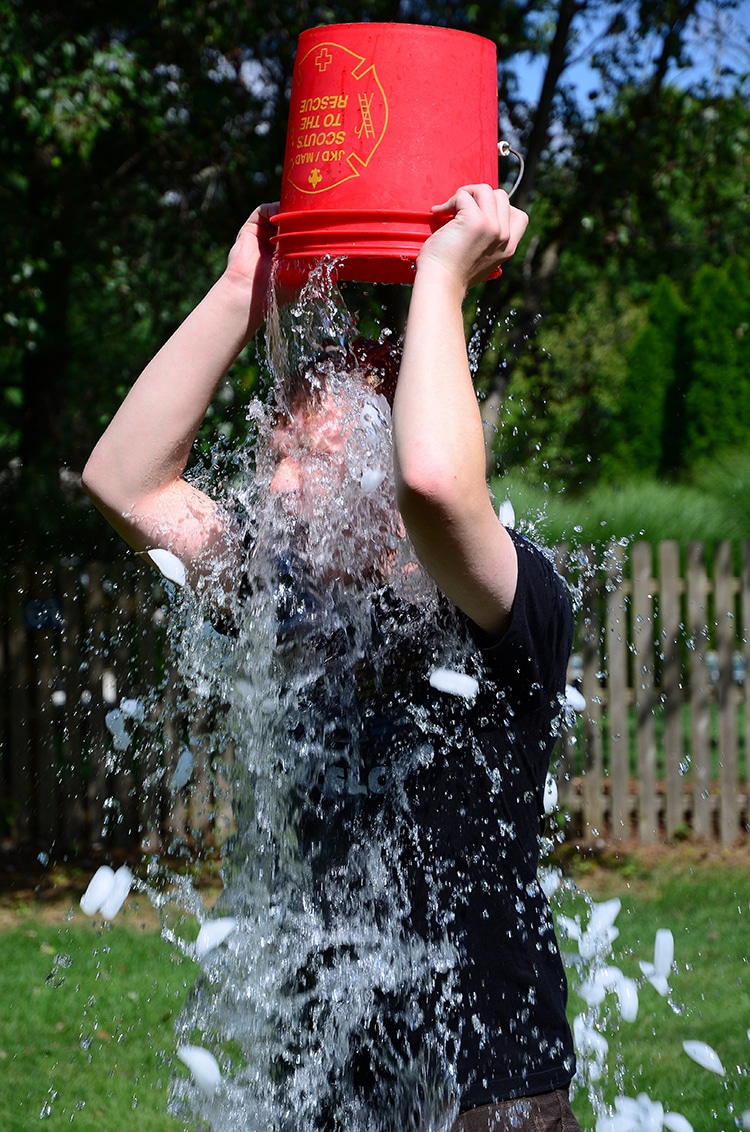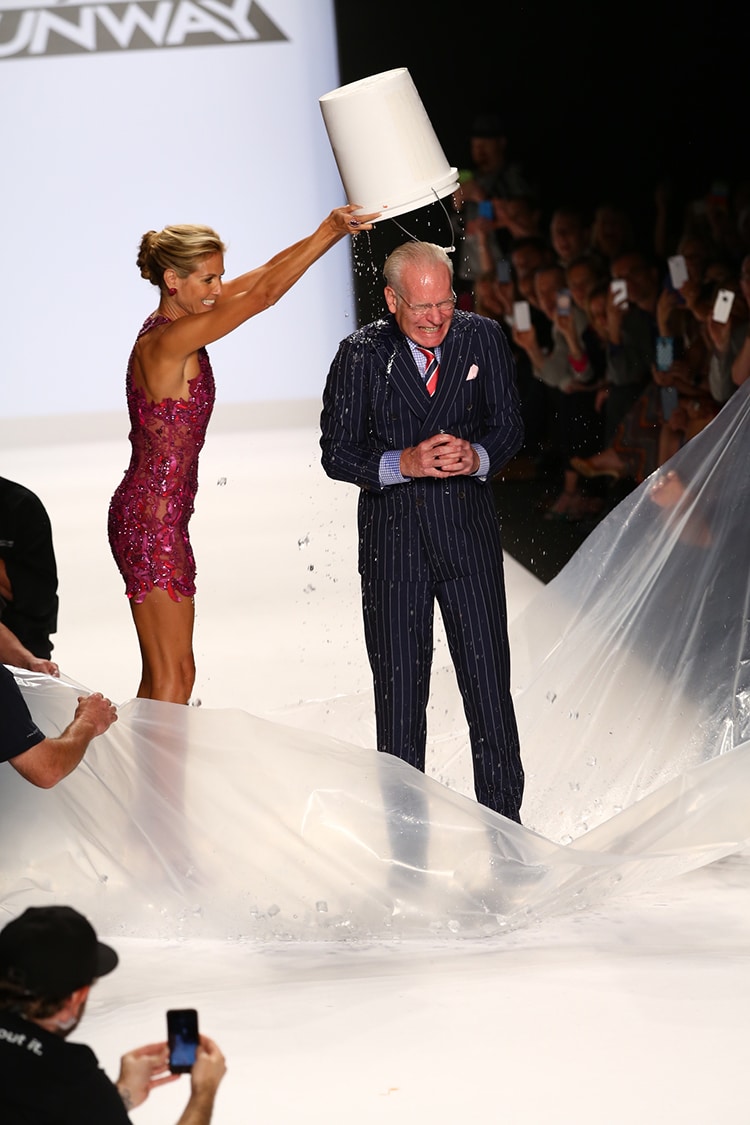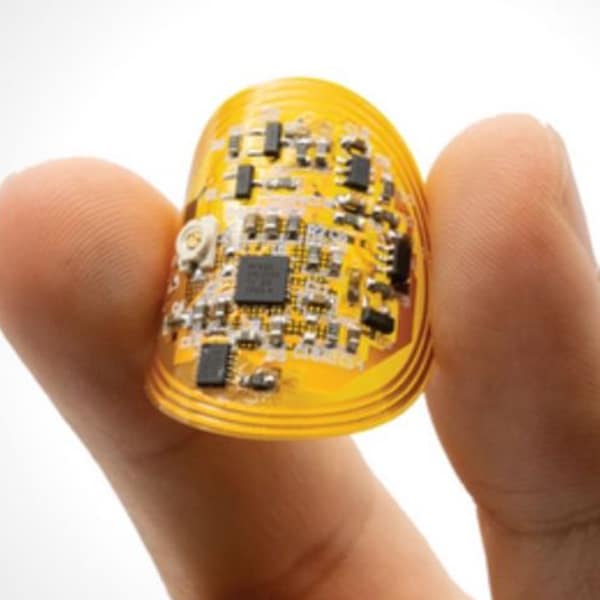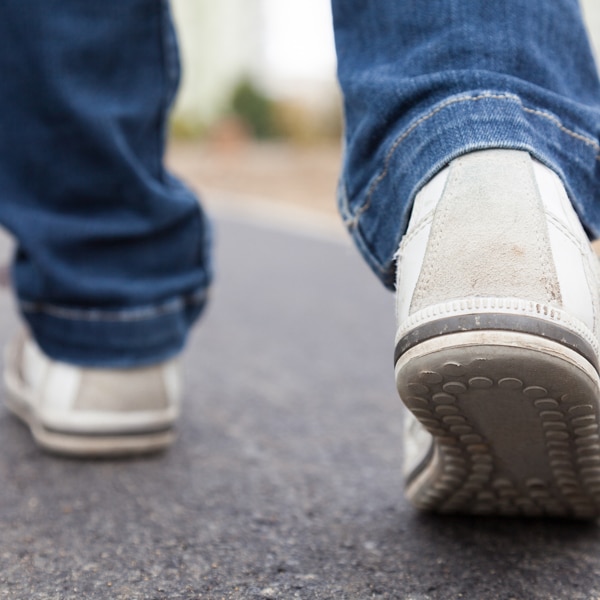
Photo: slgckgc via Wikimedia Commons (CC BY 2.0)
In late summer 2014, no one could open up their social media feeds without encountering countless videos of people—from one's friends to celebrities—dumping buckets of icy cold water over their heads. The viral trend known as the ALS Ice Bucket Challenge began as a way to raise awareness and funds for research into ALS, also known as Lou Gehrig's disease. The progressive neurological disease impairs nerve cells in the brain and spinal cord, resulting in a loss of muscle control. The disease causes heartbreak for many families, so improving care methods is critical. What at the time might have seemed like not much more than a viral trend ended up raising over $115 million; and, as recently announced, it helped fund a new ALS drug.
The #ALSIceBucketChallenge was so popular that the likes of Kim Kardashian, Bill Gates, the entire freshman class of universities, and even Kermit the Frog got in on the action. Often responding to a nomination from a friend, one simply made a quick dedication to the cause, and dumped some ice water over their head on film. From there, they’d pledge to donate to the ALS Association and nominate others to take on the challenge and do the same.
In recent years, the results of this massive funding campaign have become apparent. By 2019, research output funded by the association had increased by 20% with more gains expected. The clinical network working on research was expanded, according to a statement from the ALS Association. The pace of discovery accelerated and the association just announced a new milestone. Of the money raised by the challenge, $2.2 million helped fund a drug which was just approved for use by the FDA to treat ALS patients.
“We thank the millions of people who donated, participated, and enabled us to invest in promising therapies like AMX0035 that will immediately help people living with ALS,” said Calaneet Balas, president and CEO of the ALS Association. “This is a victory for the entire ALS community, which came together to advocate for early approval [of the treatment].” The drug is not a cure, but it slows the effects of the neurodegenerative disease. Certainly it is evidence of the power of social media when used for good, and the impact electronic community can have on society as a whole.
2014's viral ALS Ice Bucket Challenge helped raised over $115 million for ALS research across 130 projects, including the development of a new drug to treat ALS.

Heidi Klum helps Tim Gunn with the ALS Ice Bucket Challenge in NYC on September 5, 2014. (Photo: FASHIONSTOCK/Depositphotos)
The massive social media trend served a good cause, bringing awareness to and raising funds for ALS research.
h/t: [NPR]
Related Articles:
Art History: Ancient Practice of Textile Art and How It Continues to Reinvent Itself
Sister Duo Weaves Textured Wall Hangings Inspired by Australian Landscapes
How to Crochet: Learn the Basics of This Time Honored Handicraft
Artist Fills Forest with Life-Size Sculptures Made from Woven Rods of Willow













































































